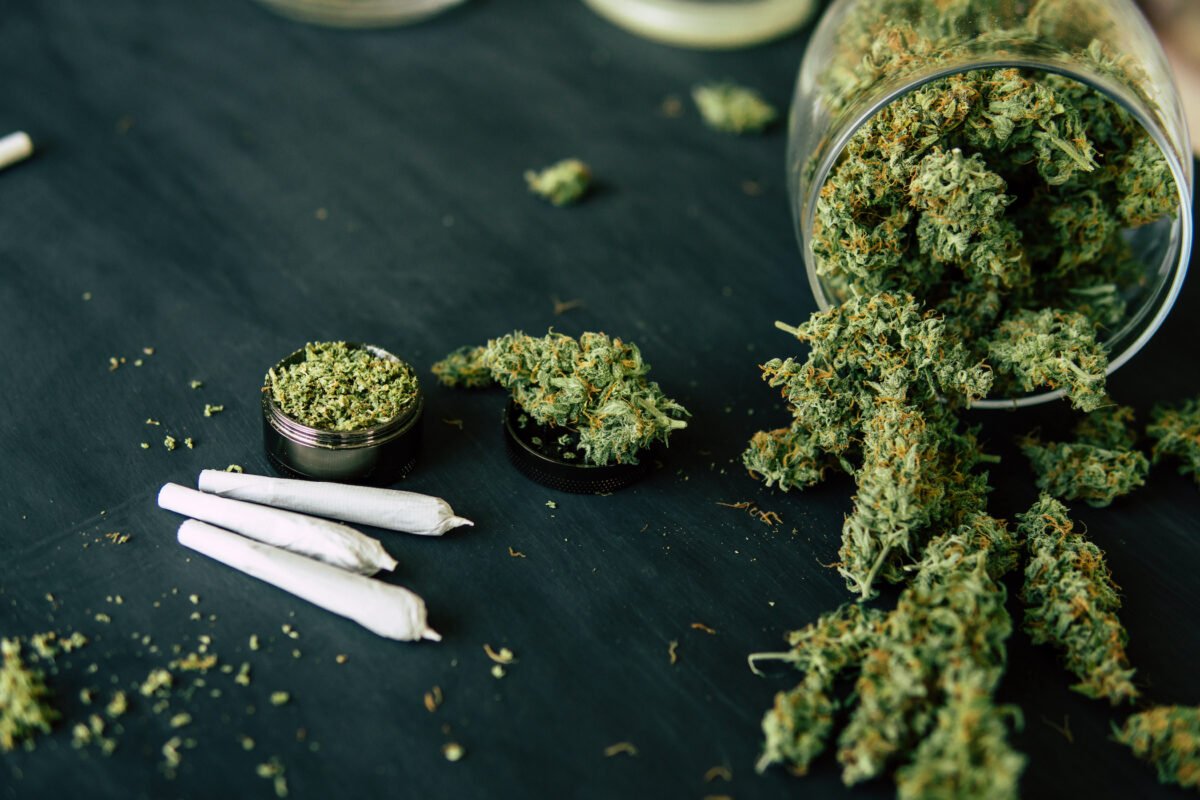The ADHD Problem Is Bad—Widespread Cannabis Use Will Make It Many Times Worse

Commentary
Carl Sagan once called the illegality of cannabis “outrageous, an impediment to full utilization of a drug which helps produce the serenity and insight, sensitivity and fellowship so desperately needed in this increasingly mad and dangerous world.”
If the great astronomer was alive today, one assumes that he would be very happy indeed. After all, the use of cannabis for medical purposes is legal in 38 states, and the recreational use of cannabis is legal in 21 states. Millions of Americans now have easy access to the so-called “love drug,” and many of those users happen to have attention deficit hyperactivity disorder, otherwise known as ADHD. Who can blame them?
The evidence demonstrating the link between cannabis use and reductions in symptoms of ADHD is limited. In truth, easy access to cannabis is likely to make the United States’ ADHD problem many times worse.
More than 6 million children and 8 million adults are living with the neurodevelopmental disorder. To compound matters, the number of people being diagnosed with ADHD continues to rise. The bad news doesn’t end there. As I write this, there’s a shortage of Adderall in the United States. Some say it’s the worst it has ever been. This has forced many with ADHD to seek out alternative treatments, such as cannabis.
According to a recent piece by Roberto Olivardia, a clinical psychologist at Harvard, cannabis is used by “a startling number” of people with ADHD. Rather alarmingly, “More than half of daily and non-daily cannabis users have ADHD, and about one-third of adolescents with ADHD report cannabis use,” according to the academic.
A recent Verywell Mind report shows that adults with ADHD use the world’s most abused drug “two to three times more” than adults without the disorder. A recent paper by three leading pharmacologists stated, “An increasing number of patients with ADHD are self-medicating with cannabis, despite a lack of evidence on efficacy and safety.” According to Elizabeth Harstad, a medical doctor who has studied the deleterious effects of cannabis on the brain, there is zero evidence that using cannabis can help alleviate ADHD symptoms.
Evidence suggests that those with ADHD are at an elevated risk of developing cannabis use disorders.
In recent years, according to a peer-reviewed paper, the number of adults with ADHD seeking treatment for cannabis use disorders has skyrocketed. Another report (pdf), published by researchers at the University of Washington, clearly shows that regular cannabis use is associated with poorer attention and impaired self-regulation and executive functioning skills. “Despite widespread belief that marijuana has medicinal benefits for ADHD,” note the authors, “there is virtually no research evidence to support this belief.” For this very reason, they conclude, cannabis “cannot be safely recommended for the treatment of ADHD at this time.”
Another peer-reviewed study found that those with ADHD who use cannabis perform worse on verbal and memory tasks than people who don’t use the drug. Individuals who began using cannabis regularly before the age of 16, according to the study, were the worst affected.
Stephen Hinshaw, a psychologist at the University of California, Berkeley, told me that many, if not almost all, teens and young adults with ADHD who eschew more traditional forms of ADHD treatment for cannabis “are likely to become even less organized and focused than before, although they may temporarily feel less stressed.”
“Every study I can think of across many species,” he added, “reveals THC to decrease rather than enhance most cognitive functions.” For the uninitiated, tetrahydrocannabinol (THC) is the principal psychoactive ingredient of cannabis.
The ADHD crisis is real, and there’s reason to believe that it’s going to get many times worse. ADHD has a strong genetic component (remember, the number of people being diagnosed continues to grow). On top of this, people who smoke cannabis regularly are more likely to have children with ADHD, according to a recent report in Psychology Today.
In 2020, there were almost 3.5 million recreational cannabis users in the United States. Two years from now, that number is expected to double. Furthermore, the country is now home to an estimated 3.6 million state-legal medical cannabis patients. Last year, the U.S. cannabis market size was valued at $13.2 billion; by 2025, it’s expected to be worth more than $45 billion.
Contrary to what the likes of Bill Maher and Willie Nelson regularly espouse, there’s very little, if anything, benign about cannabis. Nothing good comes from regular cannabis use. It’s a highly addictive drug that makes people lazier, dumber, and less disciplined.
Views expressed in this article are the opinions of the author and do not necessarily reflect the views of The Epoch Times.




